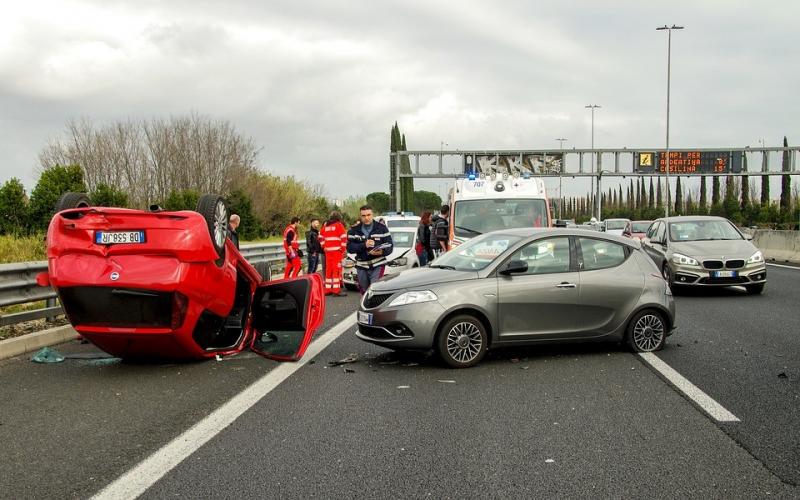I May be Partially to Blame for the Crash I was In. How Could This Affect my Car Accident Case?

When you get into a car accident—or any accident really, you rarely ever feel that you were the one at fault. In most cases that might be true, but there are some cases where you have to admit that you may be at least partially to blame for the accident. What happens then? How does the insurance company portion out the blame?
You should keep reading to find out the answer, but if you are ever in an auto accident, then you should contact a personal injury attorney as soon as you can. An experienced attorney can help you find out what the next steps should be and can help you take them. If you are ever in a car accident in Georgia then Lawyer Pendergrass is who you should call. Continue reading to see how a lawyer can help you.
Fault or No-Fault
When you are in a car accident, the question of how the damage will get paid for depends on whether you live in a fault or no-fault state. In states with no-fault insurance, the respective insurance companies of the drivers who were involved in the crash pay for each of their medical expenses, but only up to a certain limit. Property damage, such as damage to the vehicles, is paid for by the insurance company of the driver who is determined to be at fault for the accident. That means drivers in no-fault states are required to have some form of auto insurance.
The purpose of no-fault insurance is to reduce the need for lawsuit expenses where a lot of time and money is spent trying to determine which driver was at fault and needs to pay. Florida is one of the states that has no-fault insurance laws. In states that have fault insurance, the insurance company of the driver who was at fault pays for the medical expenses, property damage, lost wages, pain and suffering, and other accident-related expenses of the other driver. Georgia is one of the states with fault insurance, which is what most states have.
Car Accident Liability: Who Is To Blame?
There are different kinds of fault or negligence when it comes to car accidents. The kind you will face depends on the state in which you are located because each state uses one of them to determine which driver was at fault for the accident.
Comparative Fault
Also called comparative negligence, with this system, a percentage of blame is apportioned to those involved in the accident when it is decided that everyone involved in the accident was negligent to some degree. The overall value of the compensation for the damages stemming from the accident are calculated and the percentage to which each driver’s negligence contributed to the accident is also calculated. That means the amount of compensation received is determined by the percentage of responsibility for each driver.
So, if the total compensation would have been $1500 and it is determined that you were 50% responsible for the accident, then you would receive $750. Some states, like Georgia for instance, have a version of this called proportional comparative fault, aka modified comparative negligence. The only difference is that if it is determined that a driver is over 50% responsible for the accident, then they are not eligible for any compensation.
Contributory Negligence
This is essentially a feast or famine kind of system. The reason is that you have to be completely faultless in order to receive any kind of compensation. If it is determined that you are even slightly negligent when it comes to causing the accident, then you will not receive any compensation. Only a few states use this all or nothing system.
Find Out The Rules For Your State If You Are Involved In a Car Accident
Since the differences between fault and no-fault states are so stark, you should know which one applies to your state. The same goes for the negligence rules, you really need to know which form of negligence rule your state follows. That is because those rules determine the amount of compensation that you are eligible to receive, if any. Since the rules come down to whose negligence was responsible for the accident and blame will be thrown around, you will need a personal injury lawyer to help you sort things out.
If you live in a comparative fault state, then you want your percentage of the fault to be as low as possible so that you can get the maximum amount of compensation. An experienced lawyer can make the argument that your negligence was less than that of the other driver, so make sure that you contact a personal injury attorney as soon as possible after you have been in an auto accident.
More to Read:
Previous Posts:










